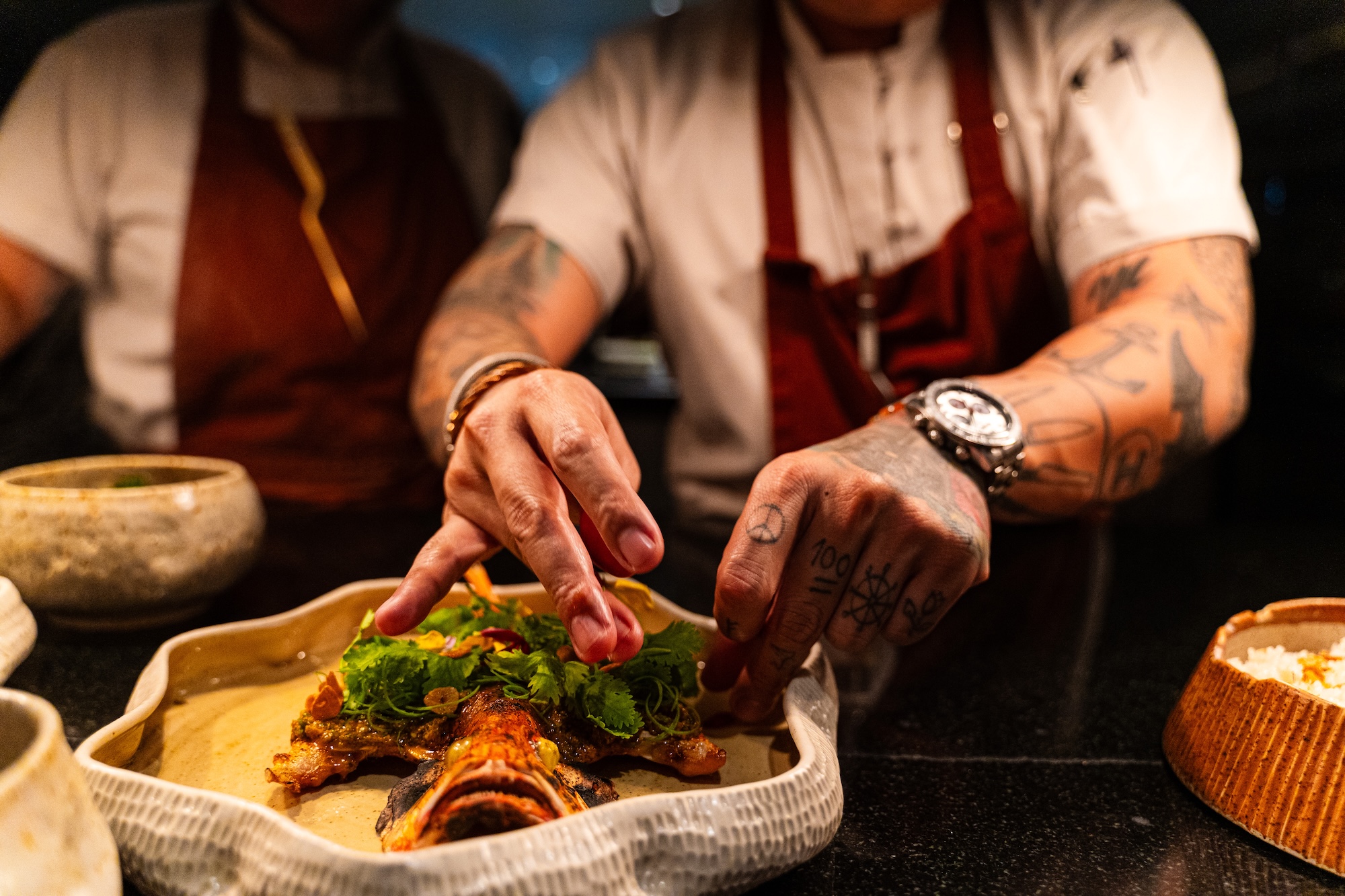For several days this past week, I could not write.
My heart and my spirit were so heavy with all the events that had transpired—mainly the wrath of Typhoon “Pablo” and the thousand plus lives it has claimed thus far, then the Sandy Hook tragedy.
For 48 hours, I was glued to Twitter, Facebook and CNN. It wasn’t the wisest thing in the world to do. So after 48 hours, I had to wean myself from the TV because the pall of gloom was becoming too heavy to bear.
It’s a somber Christmas. Still, we give thanks for each and every blessing we have: for our health, for the provisions, for all the friends and loved ones we still have.
When I felt the urge to complain about the stress and the traffic, I stopped. I thought of Pablo, of Newtown, and of every other place or family whose lives have been visited by loss this year. Whatever inconvenience or stress I might have had was nothing compared to the child from Davao Oriental whose home and family were swept away, or to the parent in Newtown with an empty space at the dining table and no child to tuck in at night.
It took a few days before I could regain my bearings, and consciously tuning out was actually helpful under the circumstances. Praying and choosing gratefulness, too.
Measures
Dr. Marie Hartwell-Walker, psychologist and child and family therapist, writes a column for PsychCentral.com and suggests the following measures.
One, consciously make an effort to tune out and turn off the TV. “Repeatedly watching the news may not be so good for children and adults either. Another viewing probably won’t help you make sense of a senseless event. It may even trigger greater grief, anger and pain.”
When it became unbearable, I shut down the laptop and went to watch “The Hobbit” with the kids and had dinner at the mall.
After four hours of staying away from the news, my mood lifted. After that, I became more selective and gave myself a quota for the number of Sandy Hook stories I would read each day.
Hartwell-Walker suggests we focus on stories of survival. Victoria Soto hid her students in closets and they stayed very quiet. Other kids were able to run away. Still others held each other’s hands to help themselves stay calm.
Another teacher chose to read a storybook to her kids in the midst of gunfire, struggling, I am sure, to not let her nerves get the better of her.
“Look for the helpers,” Mr. Roger’s (a famous children’s program host) mother used to tell him when he was a young boy frightened by some of the things he would see on television. It’s the helpers who give hope in a hurting world.
It’s also important to share your feelings. The children and I were constantly talking about and sharing our sadness over what had happened in Mindanao and in Newtown. Children take their cue from their parents so it is very important to stay in control of one’s feelings. If children see that you can remain calm even in the storm, they, too, will remain steadfast, and not fear that the boat will turn over, so to speak.
In a separate article, clinical psychologist Elvira Aletta says the Sandy Hook tragedy can also be used as a moment to erase the stigma of people with mental illness. “Instead of being afraid of people with mental illness and thus perpetuating harmful, meaningless stigma, learn more about the millions of individuals who live with mental illness. Mental illness is not evil. Evil is evil,” Aletta says.
This reminds me of how we sometimes portray mental health issues in our country—like Baron Geisler’s constant brawls in public. Rather than concealing what the actor has, it will be good to put a name to it, to use it to educate the public about what can be done about his illness.
Aletta also says that we must allow the sadness to visit when it comes and not to deny it just because it happened so far away. “Even from a great distance we are sensitive to the depth of loss. Cry, be sad. Allow grief to happen. Then wash your face, breathe deeply and allow life to happen, too.”
So much good
I love her last point—the choice to do good which she describes as “out-gracing” one another. Look for opportunities to act with kindness, she says.
Newscaster Anne Curry came up with a campaign called #26acts of kindness on Twitter, encouraging people to do 26 acts in honor of the lives lost in Newtown. I thought for a moment about the thousand-plus lives lost in Mindanao—there’s so much you can do with number 1,000. So much good.
Aletta encourages us to “Pay forward the kindness received from others. Let us breathe in the healing love and goodness in the universe and breathe out the poison.”
I’m writing this piece at 6 p.m. on Dec. 21, 2012. And so the world did not end because what the Mayans really meant was the end of one calendar cycle and the beginning of another. For dragon babies like me, that’s two brand new cycles in one year. Endings, in God’s economy, are always portals to better things.
Today, let’s give thanks for every little blessing, pray for a kinder world and never ever tire of paying it forward. Wishing you and all of your loved ones a blessed Christmas! Trust that the best is yet to be!
Follow me on Twitter @cathybabao or on Facebook at https://www.facebook.com/cathybabao













































